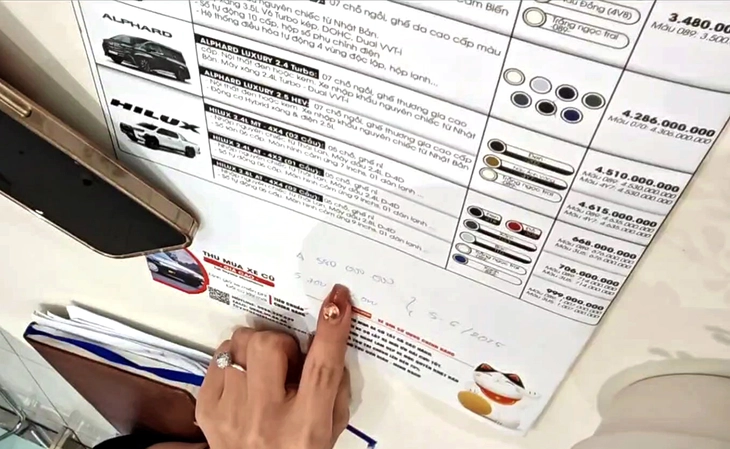
An employee at a Toyota dealership points to the price of a Land Cruiser 300, which has been inflated after a kickback fee was added - Photo cut from video
Production is not enough and the "buy and sell" model makes cars easily scarce and prices increase out of control. The car company's lack of strict management of dealerships has created opportunities for the story of hundreds of millions of dong in price difference to appear.
Bottleneck from supply
Speaking with Tuoi Tre , Mr. TVH - director of an automobile manufacturing and assembly company in Ho Chi Minh City - said that the shortage and rising prices of cars come from many causes, of which production capacity is the core factor.
For global brands, factory capacity, component supply, especially semiconductor chips, and production strategy determine the number of vehicles produced.
When the supply chain is disrupted, such as in the chip shortage crisis or when businesses prioritize the production of other car lines, the output of models like the Land Cruiser is limited, leading to natural scarcity. Not to mention that the Vietnamese market is not large, so car manufacturers prioritize distributing these cars to markets such as the Middle East, Europe, etc.
Mr. Tran Tan Trung - General Director of Audi car distributor in Vietnam - once shared with Tuoi Tre that the global automobile industry is facing difficulties in production chains and raw materials. In particular, the number of genuine Audi cars allocated to Vietnam is limited despite the strong increase in demand.
For example, the Audi A8L model priced at around VND6 billion has just been launched, with 75% of the cars being reserved, but customers have to wait many months to receive their cars. According to Mr. Trung, foreign factories often prioritize orders for large markets such as the US or Europe, making luxury cars in Vietnam even more scarce.
However, many experts in the auto industry believe that the price difference and the phenomenon of "selling beer with peanuts" that occurs frequently are due to the "buy-sell-off" distribution model of auto companies and dealers.
For example, a company sells cars to dealers at a fixed price and lets the dealers decide the retail price. An industry expert said that manufacturers like Toyota do not interfere with the final price but only give a suggested price.
While this may seem like a way to promote competition, it actually opens the door for dealers to take advantage of limited supply. Dealers can hold onto inventory, prioritize sales to high-paying customers, or create artificial scarcity by delaying deliveries.
"Unwritten rules" are ambiguous, with high prices and bribes
At Toyota dealerships in Ho Chi Minh City that Tuoi Tre reported, many sales staff frankly shared about the "unwritten rule". That is, if you want to receive a Land Cruiser early, you have to "bribe" 650 - 800 million VND in cash, without a receipt.
Mr. Ninh (name changed), who has many years of sales experience at a Toyota dealership in Ho Chi Minh City, revealed that car models like the Land Cruiser imported from Japan are often scarce. Customers who do not pay the difference will have a hard time buying them, even if they search everywhere.
In fact, many dealers announce that they are out of stock but only a few days later, they announce that they have a car if the customer agrees to pay more. Mr. LMTú (Phu Nhuan District, Ho Chi Minh City), owner of a Land Cruiser LC300, commented that the manufacturer's unclear car allocation policy allows dealers to take advantage.
Dealers accept few cars, raise prices to maximize profits. Customers are forced to deposit, wait months and pay the difference without receipt, making many people angry.
According to reader Tuan Tran, not only luxury cars, many car and motorbike dealers also put customers in a difficult situation. The staff said the car was rare and would only be available in a few months, then called back to say that there was a car but another customer had already paid a deposit, and if they wanted to "give up their spot", they had to "pay a bribe" or buy additional accessories. This is a trick that makes customers feel frustrated.
According to economic experts, the fact that dealers sell at a higher price than the listed price often happens in the case of luxury cars and those that are rare. When the "black market" phenomenon occurs, those who are willing to pay more money and pay the difference will get the goods sooner, otherwise, it will be very difficult to wait.
At the same time, there is also a situation where customers "buy beer" and have to "add peanuts", meaning they are forced to pay extra for car accessories. However, customers do not know which dealer actually has how many cars they need, leading to ambiguity about scarcity and a feeling of being forced.
Prevent scarcity and pressure on "customers"
Speaking to Tuoi Tre , lawyer Tran Minh Hung (Ho Chi Minh City Bar Association) said that cars are classified as special consumption goods, strictly bound by many regulations to avoid tax losses, ensure state budget sources, as well as ensure transparency between buyers and sellers.
Unlike bundles of vegetables, fish, pieces of meat, etc. sold in markets or on the roadside, car dealers are not allowed to increase the selling price higher than the price declared or registered with the competent state management agency according to the law. Even unreasonable price reductions on goods and services are not allowed.
According to Mr. Hung, taking advantage of the reason of car scarcity, forcing customers into a situation where they have to pay up to 800 million VND to receive their car sooner can be considered an act that shows signs of violating the Competition Law.
"It's like being forced to pay higher prices, consumers are not protected. Even though customers accept this "unwritten rule", they are not necessarily satisfied with this way of doing business," said Mr. Hung.
Meanwhile, lawyer Vu Quang Duc (Ho Chi Minh City Bar Association) said that if it is a transaction between individuals, the law does not prohibit "bribes" when buying luxury cars, because it is "willing to buy, willing to sell", but the individual must prove that the "bribes" are legal personal money.
"But if it is a legal entity, it will violate the law because it cannot account for income and expenditure. In fact, businesses can "dodge" by legalizing the "bribe" money through other documents. However, if the investigation agency gets involved and discovers it, the violation will be very serious and may lead to criminal prosecution," Mr. Duc warned.
Some experts say that to limit shortages, manufacturing businesses need to forecast demand better and optimize supply chains to meet customer needs. Manufacturers also need to manage agents more closely through contracts that bind selling prices or impose strong sanctions on acts of creating fake shortages.
"Scarcity and price difference come not only from production restrictions but also from lack of transparency in dealer management. This is an abnormality that needs to be fixed to protect consumers and ensure fair competition," an auto expert suggested.
Lawyer Tran Xoa (Director of Minh Dang Quang Law Firm):
Need to deal with tax evasion firmly
As reported by Tuoi Tre , with the bribe of 750 million VND that the car dealer left off the books, hidden under the form of collecting "service" fees without invoices and documents, there will be a temporary loss of 75 million VND in value added tax and a temporary loss of 150 million VND in corporate income tax. A total of 225 million VND/car.
According to regulations, if tax evasion is over 100 million VND, it can be prosecuted criminally. Thus, just one car sold in this way has exceeded the level of criminal prosecution. Therefore, it is necessary for the police to intervene to expand the investigation to other car dealerships and handle it firmly, at the same time alerting other cases of tax evasion.
This is also an area where the tax industry needs to focus its forces on specialized inspections and checks, as the tax authorities have done with online business, e-commerce, gasoline, and collecting personal income tax from people with income from Google, Facebook, etc.
At the same time, it is expanding not only to cars but also to motorbike dealers because consumers also have to buy cars at a higher price than the manufacturer's announced price.
Mr. Nguyen Van Duoc (General Director of Trong Tin Accounting and Tax Consulting Company Limited):
Declare lower than real price to "save" tax?
The story of having to pay 750-800 million VND to own a luxury car needs to be looked at from many perspectives. First, we need to see whether or not the manufacturer and dealer colluded to create scarcity in order to push up car prices through "extra expenses" without invoices, violating competition laws.
Collecting cash without an invoice also violates Clause 2, Article 200 of the 2015 Penal Code on tax evasion. Not only the seller but also those involved are responsible. Imported cars are subject to import tax, special consumption tax, value added tax. Is there a trend of declaring lower than the actual price to "save" tax?
In addition to examining the sales stage, in my opinion, the authorities need to clarify whether these businesses are evading taxes at the import stage or not. The tax authorities can even ask the bank to review the personal accounts of the individuals receiving the money to trace and request explanations...
Source: https://tuoitre.vn/the-gioi-ngam-ban-xe-sang-toyota-ky-cuoi-ngan-chan-viec-tao-khan-hiem-truc-loi-2025032607563489.htm


![[Photo] Readers line up to visit the photo exhibition and receive a special publication commemorating the 135th birthday of President Ho Chi Minh at Nhan Dan Newspaper](https://vphoto.vietnam.vn/thumb/1200x675/vietnam/resource/IMAGE/2025/5/17/85b3197fc6bd43e6a9ee4db15101005b)
![[Photo] More than 17,000 candidates participate in the 2025 SPT Competency Assessment Test of Hanoi National University of Education](https://vphoto.vietnam.vn/thumb/1200x675/vietnam/resource/IMAGE/2025/5/17/e538d9a1636c407cbb211b314e6303fd)
![[Photo] Prime Minister Pham Minh Chinh chairs meeting on science and technology development](https://vphoto.vietnam.vn/thumb/1200x675/vietnam/resource/IMAGE/2025/5/17/ae80dd74c384439789b12013c738a045)



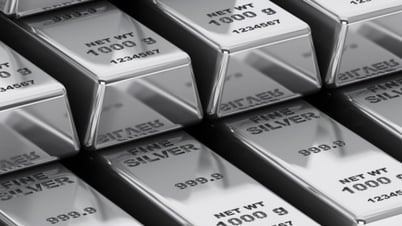


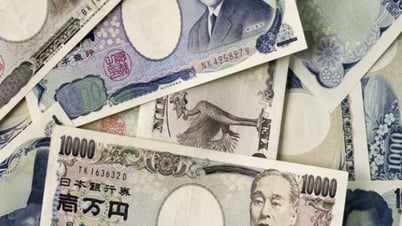
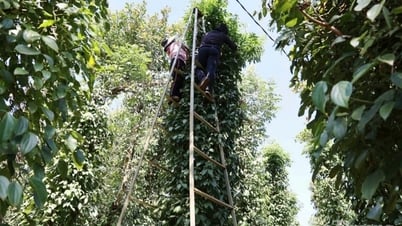
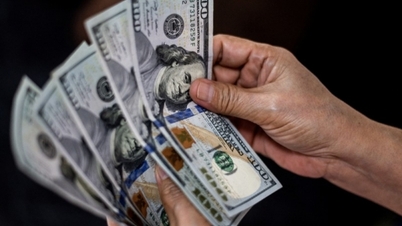
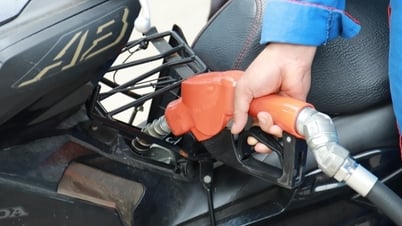




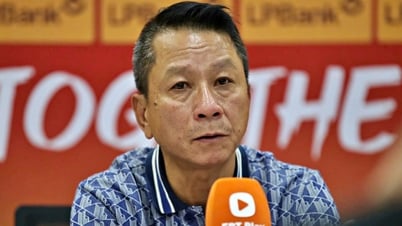
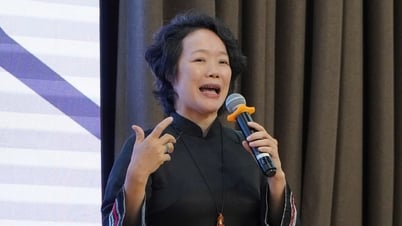
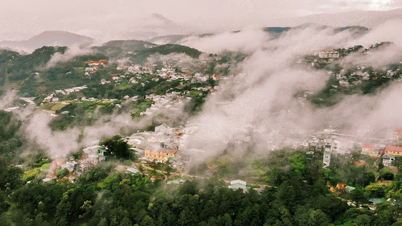
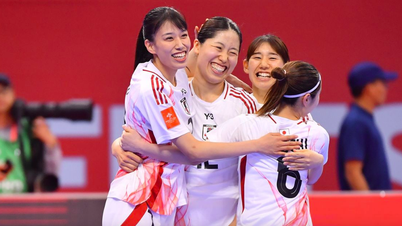


![[Photo] Nearly 3,000 students moved by stories about soldiers](https://vphoto.vietnam.vn/thumb/1200x675/vietnam/resource/IMAGE/2025/5/17/21da57c8241e42438b423eaa37215e0e)





















































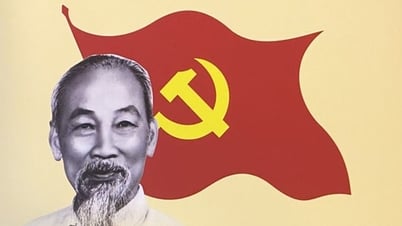

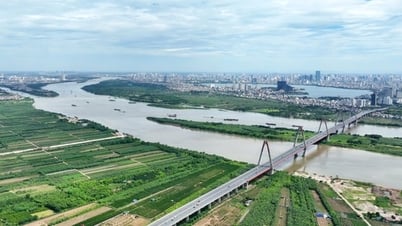
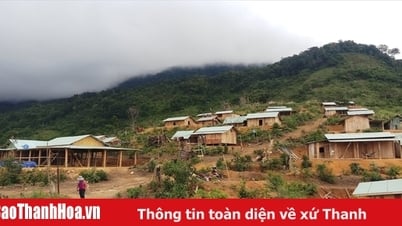

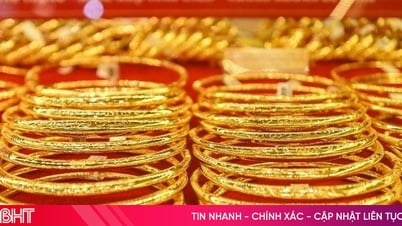
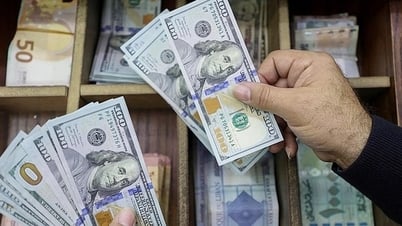

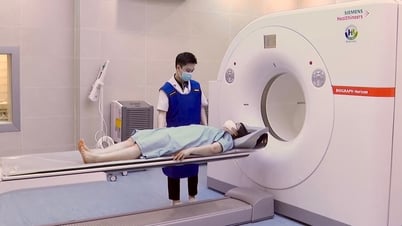










Comment (0)